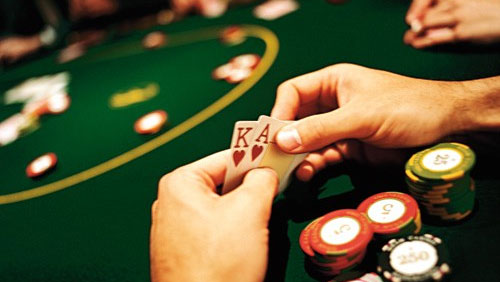Poker not deemed as ‘gainful employment’ by a triumvirate of Court of Appeal judges after a UK poker player wins his battle to continue not to pay child support to the mother of his children.
 Have you ever wondered what would happen to your poker winnings if you separated from your partner and children?
Have you ever wondered what would happen to your poker winnings if you separated from your partner and children?
The rules would vary from country to country, but a case has just reared its ugly head in the UK that now makes things a little clearer thanks to a controversial verdict by three Court of Appeal judges.
In a case that has been running for four years, the Court of Appeals judges have ruled in the favor of Tony Hakki, after the mother of his children – Devrise Blair – asked the Child Support Agency (CSA) to order him to start paying maintenance.
Despite being known as ‘Tony the Hitman Hakki’ the court heard that he made his money through gambling and poker, and not necessarily offing people.
She argued that gambling was a ‘trade or profession’ in the same way that a professional sportsman is acknowledged, and he argued that gambling could not be construed as a ‘proper job’.
The Court of Appeal concluded that Hakki’s poker playing was not ‘sufficiently organized for it to amount to a trade, business or profession within the regulations governing the payment of child support.’
Hakki has $186,648 in live tournament earnings dating back to 1994, and his largest single tournament victory was $47,6897 when he bested a final table that included John Kabbaj in a £500 Pot Limit Hold’em event at The Vic, London.
In a written ruling Lord Justice Longmore said: “(Mr Hakki) is a professional poker player in the sense that he supports himself from his winnings at poker.
“He declines to support his children and the mother has made an application to the Child Support Agency for an order that he pay child support maintenance.” He added: “On the facts found, I do not consider that it can be said that Mr Hakki had a sufficient organization in his poker playing to make it amount to a trade (or a business), let alone a profession or a vocation.”